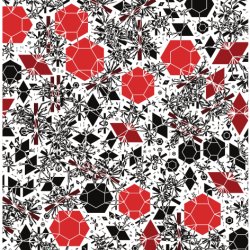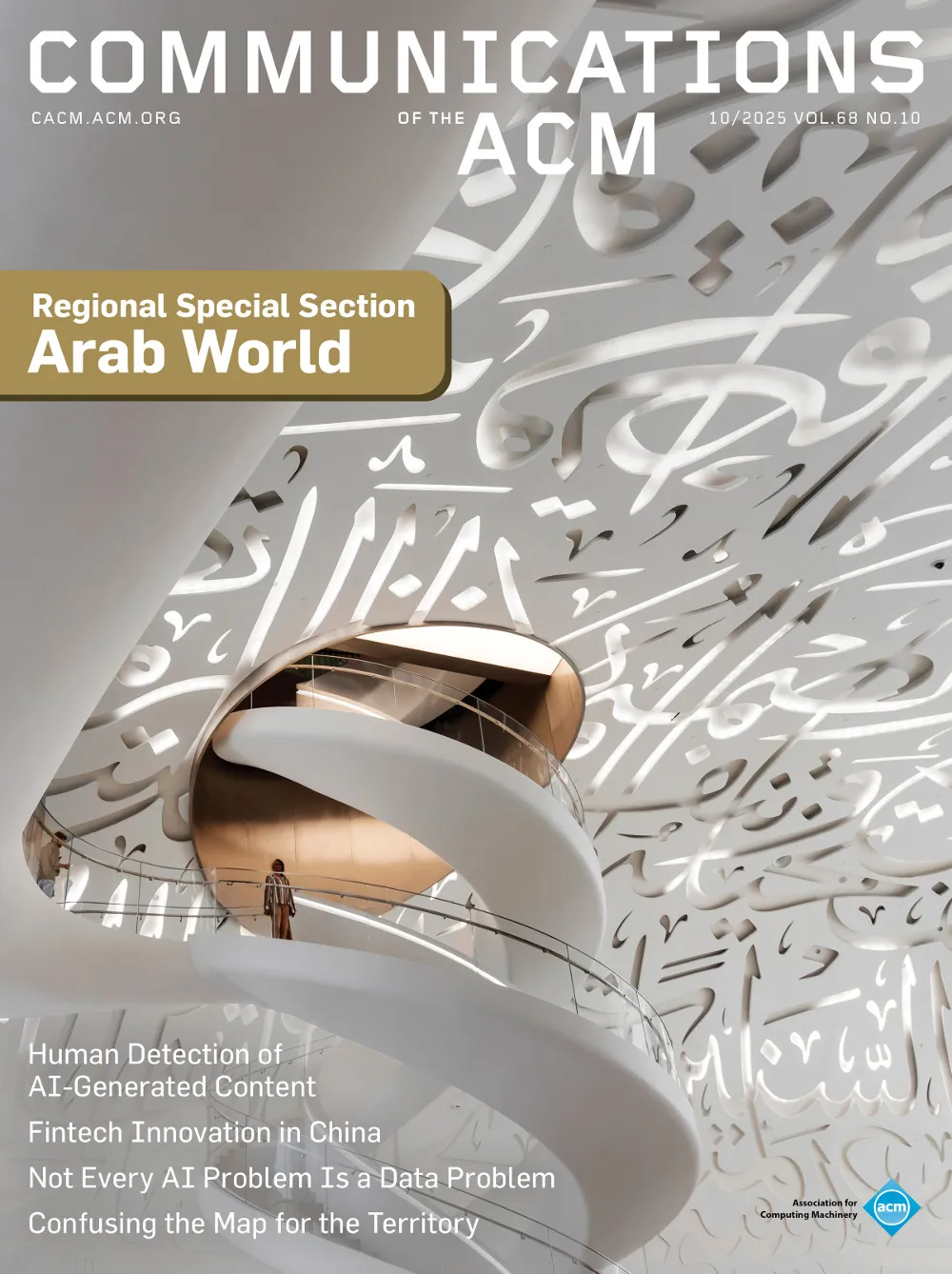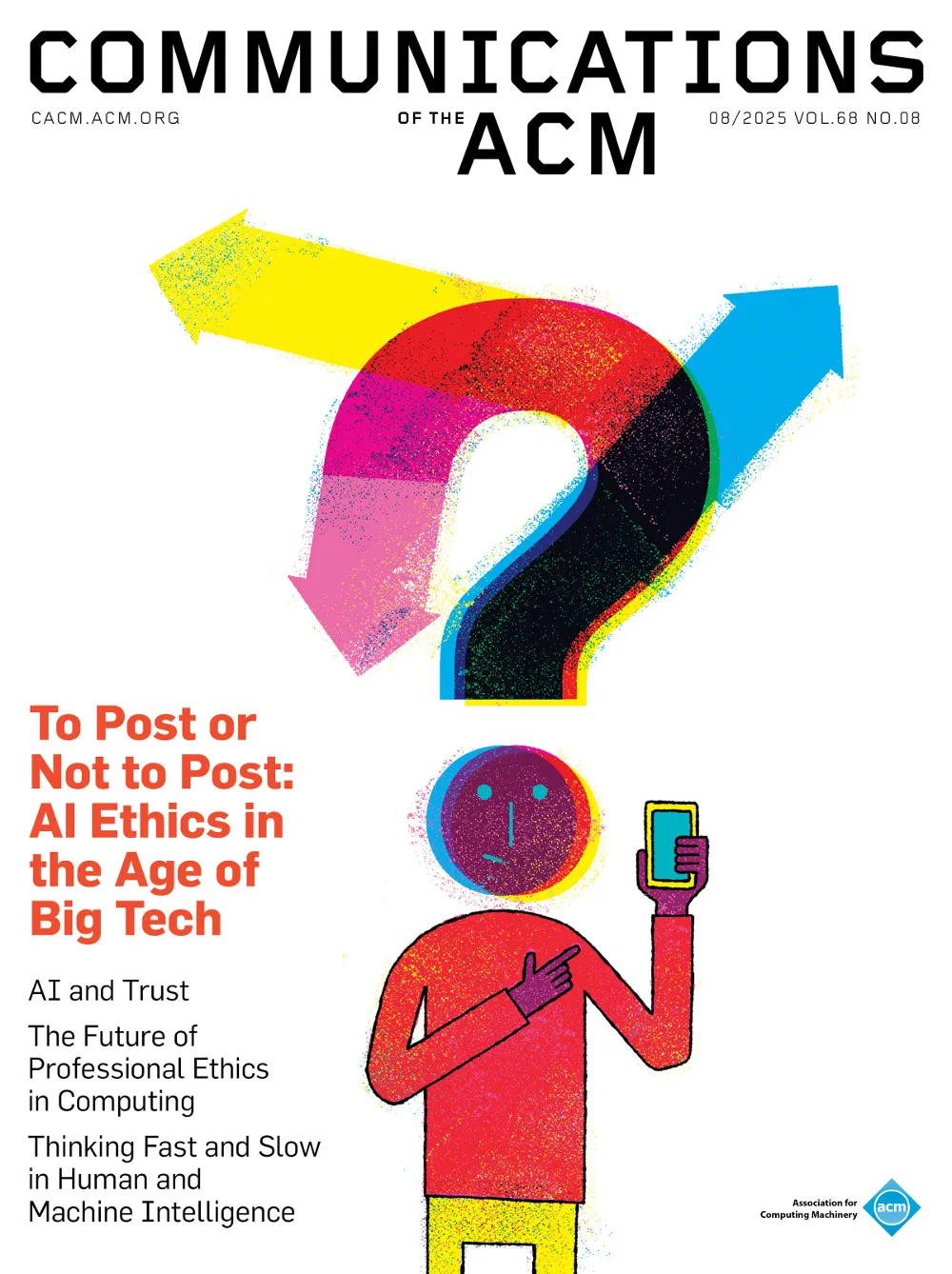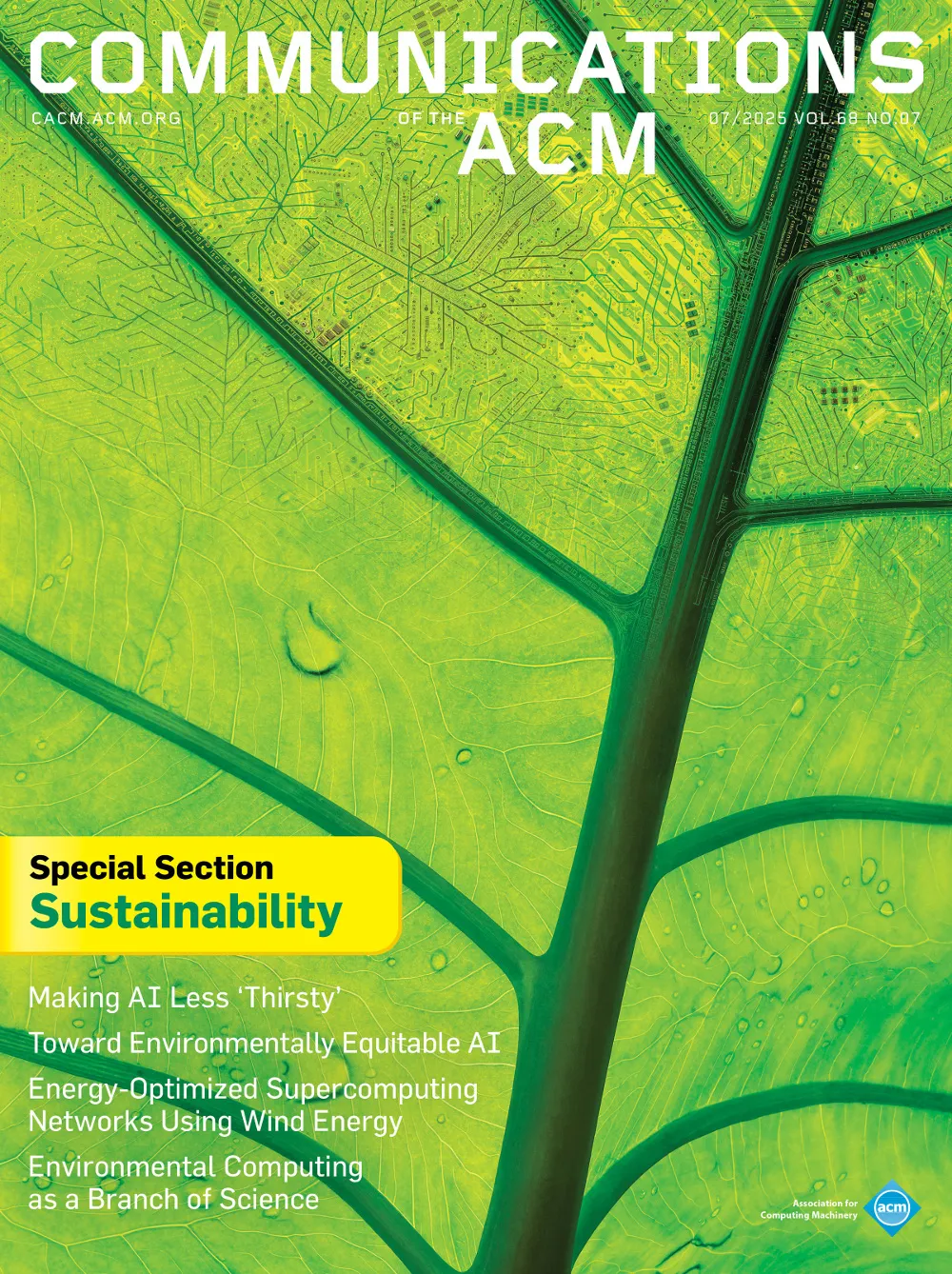Open, Closed, or Clopen Access?
July 2009 - Vol. 52 No. 7

Features
Communications’ Annual Report Card
Inspire with Introductory Computer Science
Sharing Ideas, Writing Apps, and Creating a Professional Web Presence
Contemporary Approaches to Fault Tolerance
Are We Losing Our Ability to Think Critically?
The Dead Souls of the Google Book Search Settlement
Globalization of Knowledge-Intensive Professional Services
Why Computer Science Doesn’t Matter
CS Education in the U.S.: Heading in the Wrong Direction?
The Five-Minute Rule 20 Years Later
Fighting Physics: A Tough Battle
Steps Toward Self-Aware Networks
The Metropolis Model: A New Logic For Development of Crowdsourced Systems
Probabilistic Databases: Diamonds in the Dirt
Technical Perspective: The Ultimate Pilot Program
Apprenticeship Learning For Helicopter Control
Technical Perspective: A Compiler’s Story
Formal Verification of a Realistic Compiler
Security Challenges of the EPCglobal Network
Churchman’s Inquirers as Design Templates For Knowledge Management Systems
A Relevancy-Based Services View For Driving Adoption of Wireless Web Services in the U.S.
The Impact of Subversive Stakeholders on Software Projects
Improving the Cyber Security of SCADA Communication Networks
Adoption Leadership and Early Planners: Comcast’s IP Upgrade Strategy
Software Project Scope Alignment: An Outcome-Based Approach
Technical Opinion: The Ethics of IT Professionals in China
























